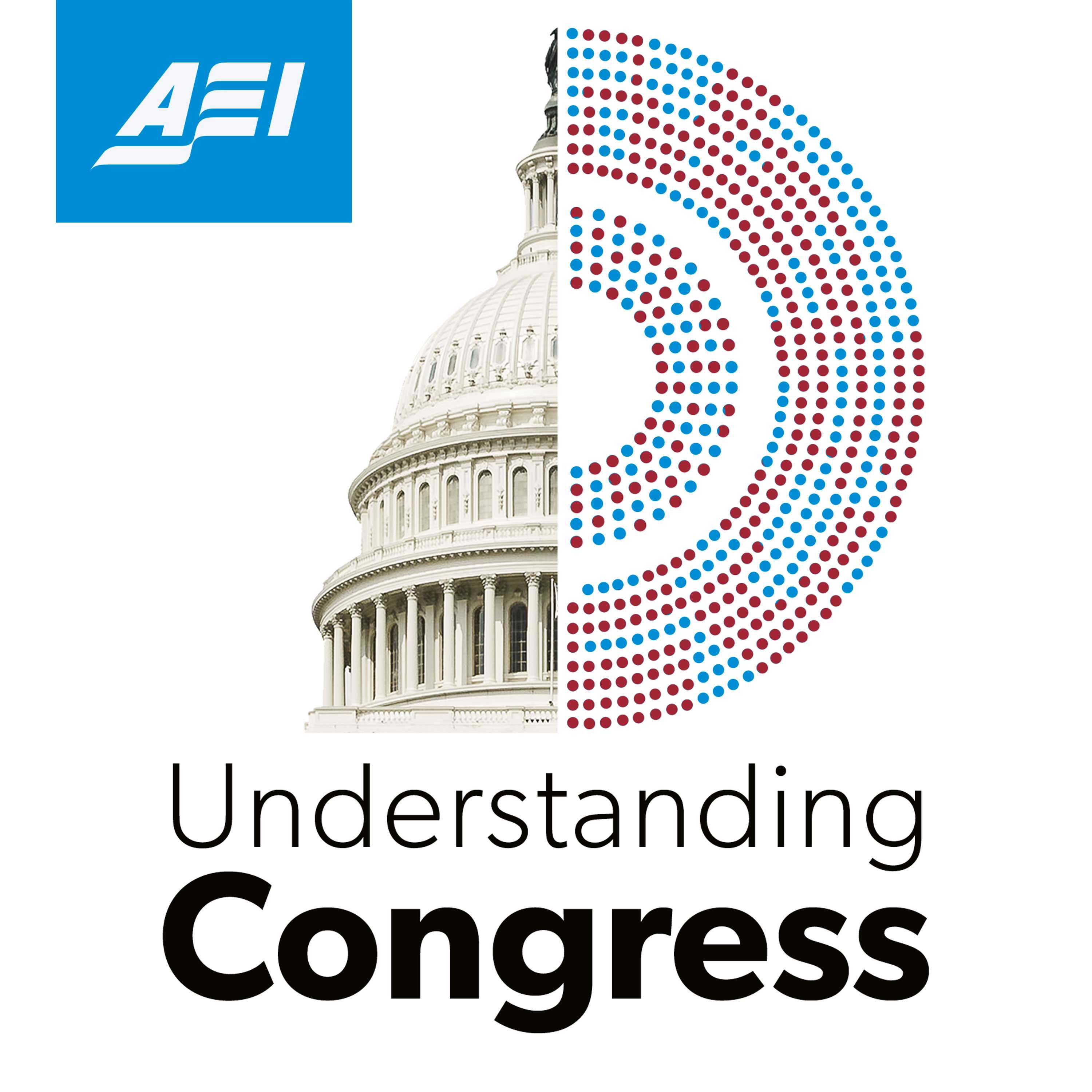What is the Congressional Review Act? (with Bridget Dooling)
Description
The topic of this episode is, "What is the Congressional Review Act?"
My guest is Professor Bridget C. E. Dooling of George Washington University’s Regulatory Studies Center. She has a deep background in regulation. Previously, Bridget worked for the Office of Information and Regulatory Affairs in the Office of Management and Budget. She also has clerked for an administrative law judge and worked in the U.S. Department of Justice.
Kevin Kosar:
Welcome to Understanding Congress, a podcast about the first branch of government. Congress is a notoriously complex institution, and few Americans think well of it, but Congress is essential to our republic. It's a place where our pluralistic society is supposed to work out its differences and come to agreement about what our laws should be. And that is why we are here: to discuss our national legislature and to think about ways to upgrade it so it can better serve our nation.
I'm your host, Kevin Kosar, and I'm a resident scholar at the American Enterprise Institute, a think tank in Washington, DC.
It is to Professor Dooling we turn to learn about the Congressional Review Act, a tool for Congress to abolish regulations. Welcome to the show.
Bridget Dooling:
Thank you so much. I'm glad to be here.
Kevin Kosar:
Before we get into the Congressional Review Act, or CRA, let's start with something basic. What are regulations, and why do they matter?
Bridget Dooling:
Regs are great, and studying them is even better. Regulations are everywhere. They shape our world, but not necessarily in obvious ways. Knowing about regulations is like having a decoder ring for why certain things are the way they are. Like, why do you need prescriptions for some things, but you can help yourself to whatever supplements like vitamins that you want? It's because there's a regulatory line there. You can't see it when you're in the drugstore, but it absolutely affects the way you live.
Kevin Kosar:
Yeah. Regulations really, to a degree, I guess they're specifications of laws, particular applications. Is that a fair characterization?
Bridget Dooling:
Yep.
Kevin Kosar:
Now, if listeners want to see these things, these regulations, where should they go? Where can they find a list or collection of regulations?
Bridget Dooling:
Yeah, there's a few ways. One is that you can look at legislation, because that's where Congress tells the agencies what they're allowed or required to do. And then you can also look at what the agencies themselves produce. So for rules that are in the process of being made, there's a website called regulations.gov. That's a great place to start, so if you hear that a rulemaking is coming down the pike, that's a great place to go check its status and see if it's open for public comment, for example. So that's regulations.gov. And for rules that are already on the books, you'd want to look at something called the Code of Federal Regulations, which pulls all that regulatory text into one place so you can read it all in one spot.
Kevin Kosar:
Excellent. Now our listeners know. So let's turn to the Congressional Review Act. Congress enacted it in 1996. Democrats and Republicans alike voted for it. President Bill Clinton signed it into law. In most basic terms, what is...
More Episodes
The topic of this episode is, “Does Congress still suffer from Demosclerosis?"
My guest is Jonathan Rauch, the author of the classic book, Demosclerosis: The Silent Killer of American Government (Times Books, 1994). Jonathan is a fellow at the Brookings Institution, and the author of numerous...
Published 06/03/24
Published 06/03/24
The topic of this episode is, "what is Congress' role in a contingent presidential election?"
Two centuries ago, America had a contingent presidential election. No candidate got a majority of votes, and thus it fell to Congress to decide who got to be president. Might the United States have...
Published 05/06/24


